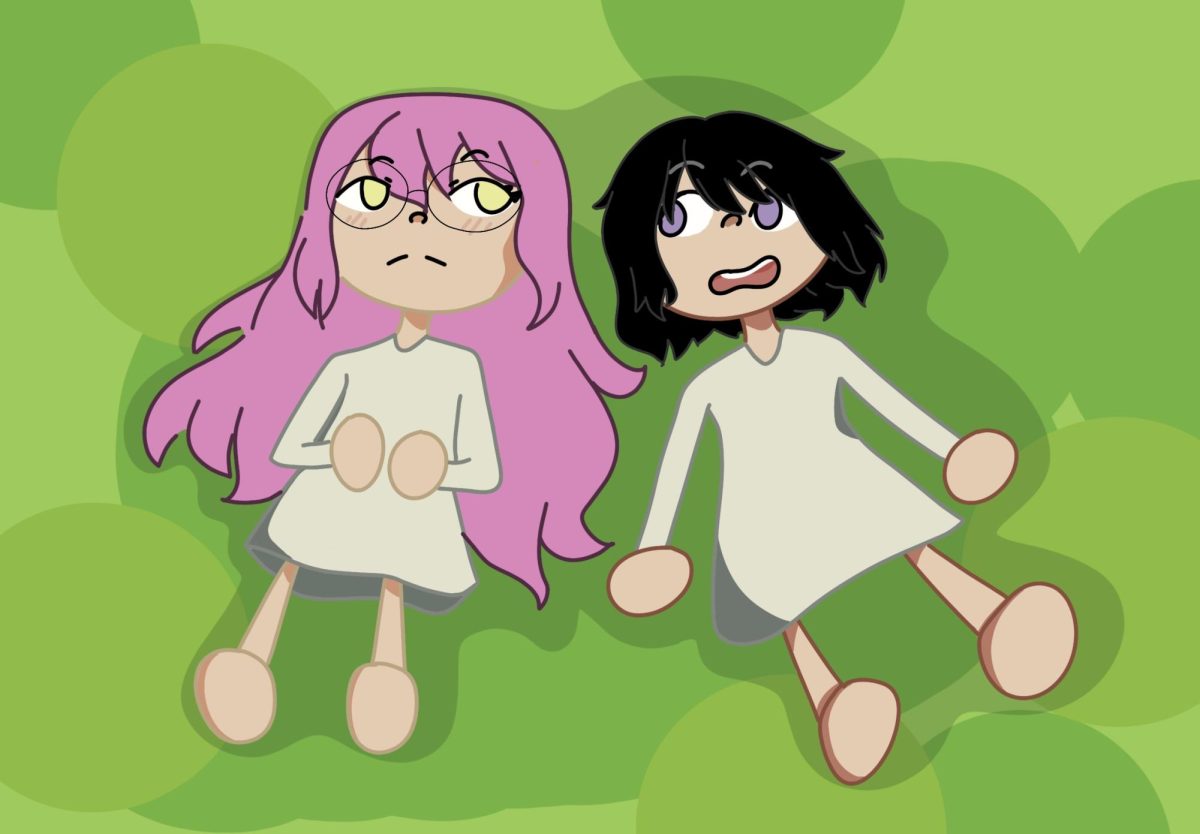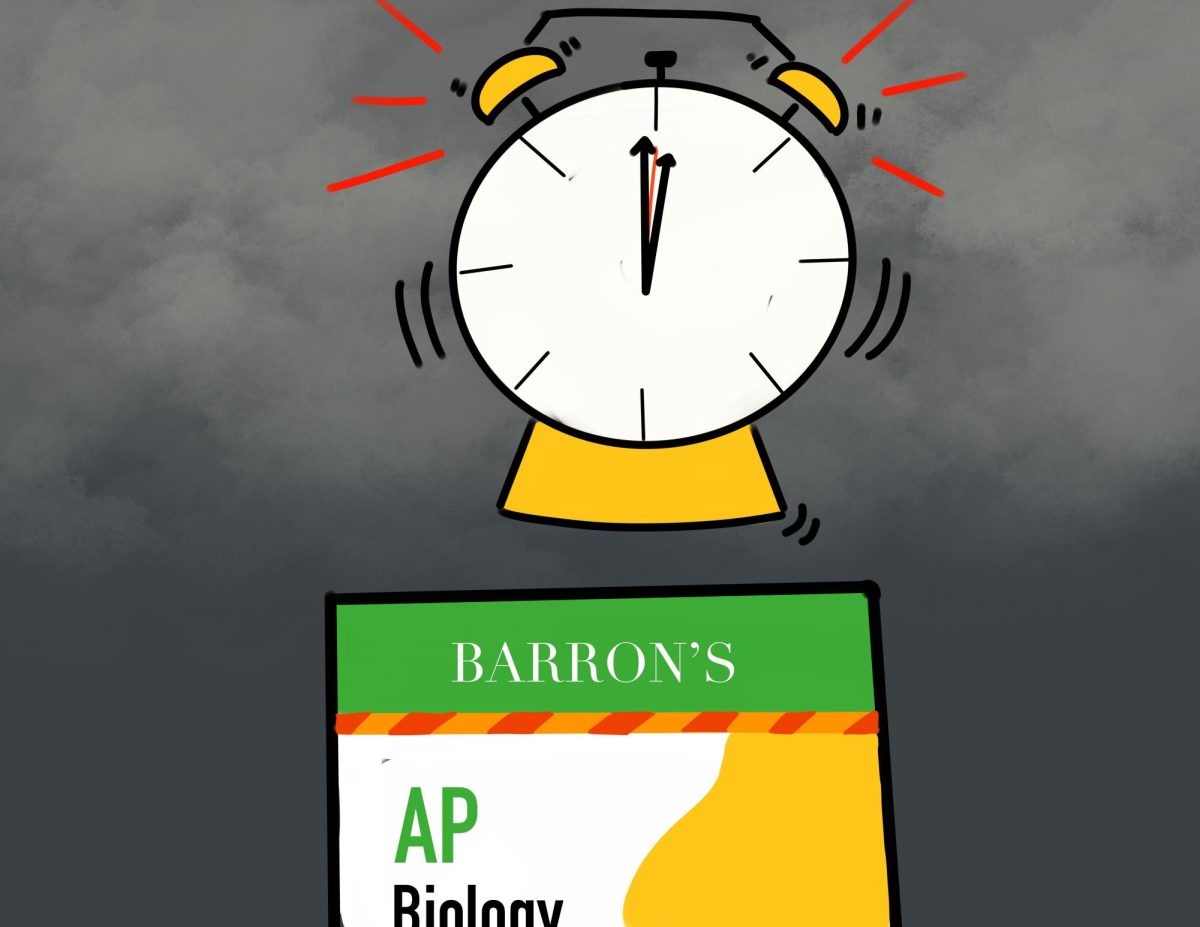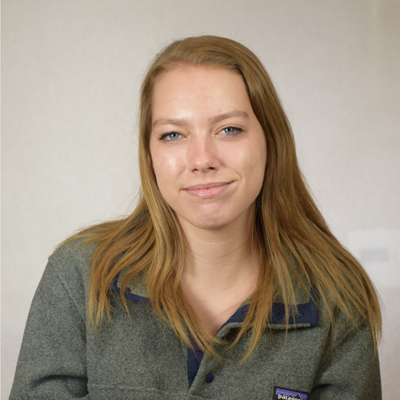If there’s one topic that we students are truly tired of hearing about, it’s ourselves.
The articles we’ve been assigned to read about the teenage brain, the lectures we’ve heard from counselors about which classes we need in order to be college ready, the comparisons our parents have made between our our GPA and SAT score and those of their coworkers’ children seem never-ending.
Complain as we might, we seem unable to change the system. Any attempt we make at rebelling only backfires. As science teacher Stephanie Verbanzsky said of this teen-age dilemma, “It goes all the way from society down.”
In desperation, we delude ourselves: maybe once we hand in that one project everything will be fine. Maybe if we rest our heads on the desk and close our eyes as we take notes, turning our neat calligraphy to blind scribbling, that headache will dissipate and we’ll become energetic and excited.
Every student has developed coping skills, whether it’s downing an Advil before AP Euro or taking a nap during 1st period. I’m constantly impressed by how well my peers seem able to manage their lives, and envious of the students who, clinging to the things that give them a true sense of self, still comply with the system and manage to lead somewhat happy lives.
The older I get, the more focused I am on college and the more difficult it becomes to hold onto that sense of self and find courses that I actually enjoy. While student stress isn’t new, Verbanzsky said that “there definitely has been a trend towards more students feeling that they have to take lots of APs to be good candidates for their college applications.”
This hyped-up academic trend is detrimental to student health. But more than that, it is literally altering the content of courses that make up our scholastic experience. As more advanced placement and accelerated classes are added to the schedule, others, even those that would seem vital to traditional American cultural values, are being squeezed out.
“The process, as far as I understand it, is that students submit their interests for courses and the counseling office gathers all those numbers and submits them to the district, and the district at that level is when they chose what courses to be offered,” said Verbanzsky of the way student interest shapes the breadth of course offerings on our campus.
The district bases “how many sections they offer off of how many students have signed up for each course,” according to Verbanzsky.
The problem is, with all of the pressure in our community to be a competitive student in college preparatory course work, to be a four-year college-bound son or daughter, to be able to announce the name of that trophy school among the long list of acceptance letters, students are choosing AP courses such as AP Art History and Physics 2, while “vocational” electives such as visual and performing arts, auto tech, wood tech, and yes, journalism, are experiencing declining enrollment.
“Fewer students are requesting to take them,” said Verbanszky of vocational classes.
Next year the district plans to cut teaching positions as part of its attempt to address the continued educational funding shortfall. Out of the 11 layoff notices issued by the district this spring, 7 were given to teachers of art and vocational electives.
“They’re trying to be economical by making sure that no teacher has like a class with 15 students; instead they’ll offer one less class at that campus and then that teacher will travel,” Verbansky explained.
The problem is that if students have the option to take more APs, “they’re like ‘oh, I’m gonna take another AP class,’ instead of trying out wood shop, and so the argument is that because there’s more offerings it does take away from students even expressing interest to take those classes,” Verbanszky explained.
I have to admit, I am one of those students who feels as though they should be taking more APs. With a plan to take 1 Honors, 1 advanced, and 2 AP courses next year, I’m still anxious as I feel I’m not keeping up with my peers, like Grace Shi.
For Shi, taking a full load of academically intense courses is the norm. “If I drop AP Comp-Sci, I’m taking 4 APs and 2 honors and regular Comp-Sci,” said sophomore Grace Shi. “I feel fine about it. I find that whenever I choose a class I tend to be pretty ok in it.”
In addition to making me feel, unfairly, like a bit of a failure, I fear that this community’s obsession with advanced courses is sabotaging what should be a meaningful high school experience where students develop passion, confidence, and a real understanding of who they are and what makes them happy.
I can’t assume that all of my peers only want to take APs for college credit. For instance, Shi claims that should would take AP classes even if they didn’t pad her resume. “I had a friend that told me I shouldn’t take AP Psych because it was useless to colleges and I was like ‘but I wanted to take AP Psych.’ I’ve always wanted to take psychology since I think its very interesting,” said Shi.
I also get the desire to gain advantage over competition. Human beings are competitive organisms. Its natural to feel compelled to measure ones’ self against peers. “They put the pressure on themselves,” I often hear my parents say when explaining my sister and my academic pursuits.
It is true that my parents no longer check my grades for each class daily like they did in middle school, but the pressure of their expectations is no less present. I don’t have to be told that I need to get an “A” to know that they expect me to.
As far back as to the “innocent” days of 4th grade I recall my dad needling me about the fact that I hadn’t memorized all of my multiplication and division tables yet, and instituting a weekly flashcard quizzing regiment when I didn’t exhibit immediate improvement.
I remember perching in discomfort upon the cold bricks in my family room and admitting with dread that I didn’t know what 12 times 13 was, knowing that I was subjecting myself to a tirade of criticism about why it was simply unbelievable that, at my age, I hadn’t memorized such a simple equation. While I understand that my dad was, at the core, attempting to help me succeed, the anxiety such moments produced and continue to instill in me is the real lasting impact.
As I retreated to my room in tears after my dad eventually gave up, I didn’t feel as though I was being taught to have a strong work ethic or to have confidence in my ability to learn and improve. Rather, I was infused with a fear that I could never achieve “success” without absolute perfection.
Though my parents no longer pester me to finish my homework, I’m not off the hook. The anxiety stays with me. As my high school years progress, the issue of college acceptance looms.
“It’s not even the pressure of our parents, but this feeling that we have to get into a good school, and have good grades and do like 10 more things outside of school,” said sophomore Jovana Durovic.
Durovic, who moved here from Serbia the summer before her freshman year, sees an unhealthy intensity in her new community. “People in Campo are just too scared of college and we think that putting more pressure on ourselves by taking more AP classes is good because we might get into a better school,” she said.
It’s’ hard for me to imagine suggesting that Campolindo not be such a “successful” institution, with all of its achievements. But at the same time, I don’t want my friend to tell me that, although she’s not completely suicidal, she “wouldn’t really mind not existing” due to the academic pressure she feels. “Casually suicidal,” she calls it.
This pressure has made us too dependent upon grades as means of defining who we are. Sadly, I feel more validation in getting a good grade than in being a genuinely good person.
I have developed such a frustration with the way schools are run that I no longer feel as though cheating is such an immoral thing. If educators are fine with jeopardizing our emotional health, why should we feel so guilty about coming to the aid of a classmate with an answer, even and assignment? I have friends that are hurting, depressed. If I could offer them some relief, isn’t that the moral thing to do?
Our culture needs help. Our educational priorities need to be adjusted.
It’s difficult to be supportive of a system that isn’t supportive of me.
“It’s a whole societal problem, especially from people who are coming from communities like ours,” said Verbansky.
Unfortunately, we seem cornered, caged by our own success.
“We live in an upper middle class neighborhood and generally I’m assuming people want to retain that standard of living. They’ve grown accustomed to a standard of living that can be achieved through extreme success artistically or athletically, or moderate success academically,” said Shi.
I must admit that I have a vested interest in this issue, as 2 of the class which give me identity, which give me confidence, happiness and health, are the sorts facing extinction as a result of the AP craze. And though they are not art, or wood tech, or choir or film production courses, I believe that classes like these may be providing the same vital purpose to other students that AP Art History simply can’t.
However, I can’t say with certainty that students would be more interested in these electives if fewer APs were offered. I would hope that any student who has a true love for photo would take the class even if it was not an AP.
In a perfect world, students would sign up for classes because they were truly interested in the content. As this is generally impossible however, students should “know their own capabilities,” according to Shi.
Verbanszky remains hopeful. “I think that students are very likely to take on more than they can chew and more than they need to chew, if that makes sense,” she said. “I think that this is still a time in your life when you can be a little more balanced and have a little bit of fun. Have some academic courses but also have something that speaks to a different part of you.”
While this is a sensible viewpoint, I believe teachers, counselors, and parents need to more effectively advise, no, reassure us, that loading our schedules with Honors, AP and other academically intense courses is not always the best plan. We need to hear from these people in our lives that true success is measured by our health and happiness rather than our test score, our grade point average, or even the types of classes we choose.
As there seems to be no hope in changing the competitive nature of our culture, it’s our job to individually change the way we view success.


